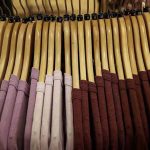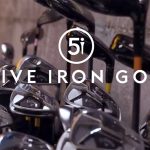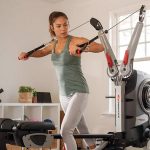Intertek and the American Apparel and Footwear Association (AAFA) jointly submitted a petition to formally request the CPSC to expressly approve certain lab testing procedures to determine the presence of lead paint on toys and other children's products – methods the two groups believe will save manufacturers millions of dollars without any loss of test reliability.
According to a joint statement, since the enactment of the landmark Consumer Product Safety Improvement Act of 2008, some assert that the law only allows testing labs like Intertek to test final, finished products to mandatory safety standards, including the ban on lead paint. Because some products may have only a small area of paint (like the fingernails on a doll or painted buttons on a child's garment), this interpretation requires the destruction of an unnecessarily large number of product samples, since the paint must be scraped from the samples, rendering them unusable. These samples–sometimes several hundred per product–are then discarded. This represents a huge cost to manufacturers, especially crafters and other small businesses, which discourages companies from testing and needlessly impacts the environment with discarded samples.
To solve this dilemma, Intertek and AAFA have asked the CPSC to formally recognize, as acceptable under the CPSIA, certain test methods to detect lead in paint and other surface coatings–procedures that result in the destruction of far fewer samples but with the same or better reliability of those tests. Specifically, the two groups have requested the agency recognize the acceptability of “spray sampling” (painting an entire product with the same color paint, giving lab workers more surface coating to test), “multiple stamping” (stamping products repeatedly with the same paint or ink appliqué to garner a larger sample) and “finished component testing,” allowing painted buttons, for example, to be tested before they are sewn onto a garment rather than destroying the finished garment during testing.
“Intertek is continually striving to find cost-saving, pro-safety solutions for our customers and partners, like the AAFA,” said Gene Rider, President of Intertek Consumer Goods, North America. “What we are today proposing to the CPSC represents a win-win-win: saving our customers money and time, preventing the wasteful destruction of finished products, and at the same time enhancing the reliability of testing and the safety of children's toys, garments and other items.”
Under its regulations, the CPSC has a “reasonable time” to act on this Petition, and the Petitioners have also requested a public hearing to discuss these proposals. The text of the Petition to the CPSC is at: http://www.intertek-labtest.com/brochures/intertek_aafa_petition















